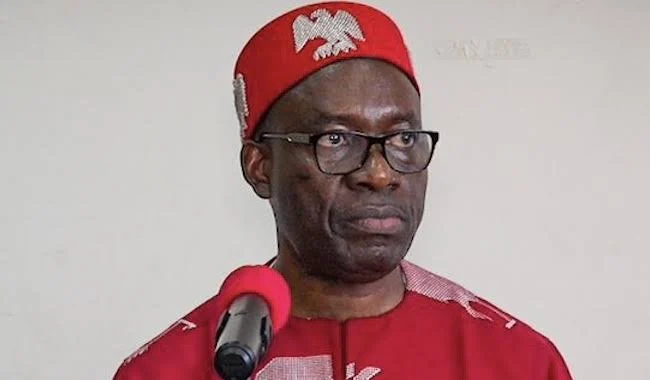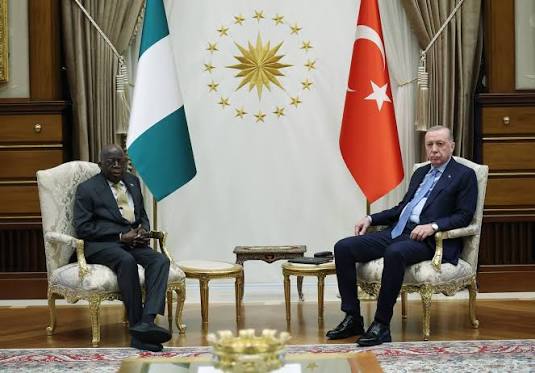An economic and industrial analytics consultancy, Stears, has stated that investors are paying less attention to African fintech startups as their investment focus shifts to energy.
According to The Times, this was said by the co-founder and COO of Stears, Abdul Abdulrahim, during his keynote address at the recent IATF 2023 conference in Cairo.
Analyzing the investment landscape in Africa, Abdulrahim claimed that this year’s low investments in fintechs were caused by the move to energy, particularly renewable energy.
According to him, investments in African fintechs have totaled less than $3 billion as of 2023. According to an earlier Fintech Global study, the total capital raised by African fintech startups in Q2 2023 was $189 million, a notable 64% drop from Q2 2022.
During the seminar, Abdulrahim noted that Fintech has always drawn a lot of attention from investors, but last year saw a drop in technological investments throughout the area, possibly reaching less than $3 billion.
“The emphasis is now more on vital industries like water and energy as people realize how crucial it is to take care of basic requirements in order to support long-term economic growth.
“Africa is witnessing a change in energy investments towards renewable energy sources, which aligns with the worldwide movement towards sustainability. From the standpoint of development financing as well as long-term sustainability for the continent, climate resilience and protection have become critical considerations for investors,” he continued.
Countries as well as fintechs were impacted by the change in investors’ priorities. The co-founder of Stears claims that there has been a noticeable change in the countries that investors are interested in investing in when it comes to foreign direct investment in recent years.
He pointed out that historically powerful countries like South Africa, Nigeria, and Ghana are seeing a reallocation of investment interests, with the Democratic Republic of the Congo, Senegal, Rwanda, and other places receiving more attention.
The conference summarised the key factors influencing Africa’s economic prospects and emphasized the significance of sustained governmental and private investment.
It was stressed that adequate monetary and economic measures should be implemented to solve issues such as inflation and foreign exchange. Important jigsaw pieces included regional integration made possible by the African Continental Free Trade Area and investment policies targeted at luring and defending investor interests.
The Head of Investment Banking, Middle East and Africa, Citigroup, and Ismail Talbi, Senior Partner and MD Egypt, AfricInvest, discussed the prospects, difficulties, and state of investment in Africa during a fireside discussion that followed the conference.










